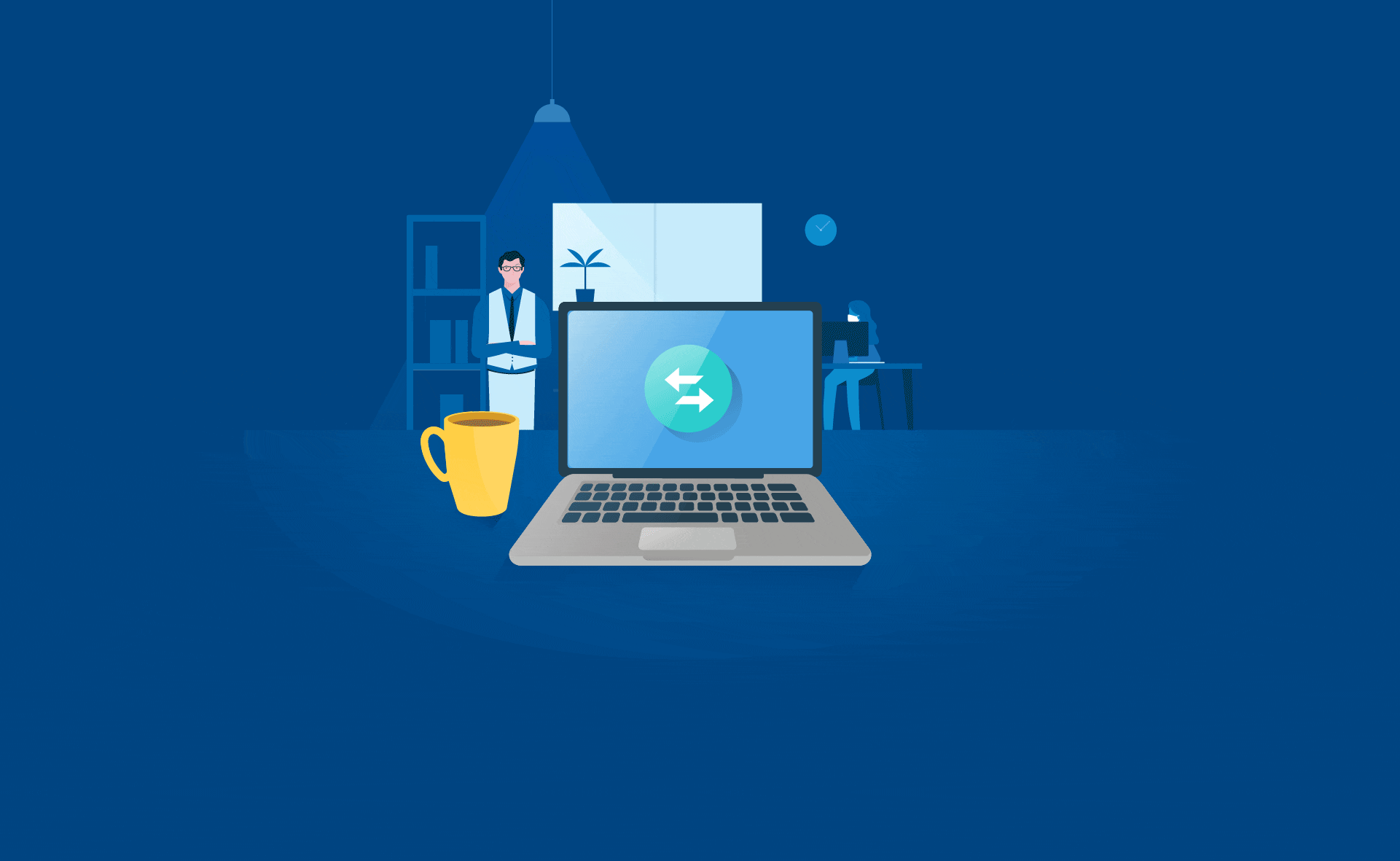Hot desking: the new trend in the return to offices
During the pandemic, working from home has brought with it new trends to organize the return to the office. The hybrid model is already a firm bet in many companies such as BBVA, where employees book through their physical work station via an app the days they work from the office.

No more fixed desks in the office - ‘hot desking’ is the new way to return to the office. A model that is not new for freelancers or people who used to work from co-working spaces, but it is new for large companies that have seen the advantages of this system.
The hot desking model consists of providing the staff with all the workstations available for each day. The employee reserves his or her workstation on a daily basis, which can vary according to availability. This system dates back to the shifts used by the Marines to share bunks due to the shortage of beds -'hot' refers to the fact that the bed did not have time to cool down between shifts-, and was introduced to companies in the 1990s.
"As a result of the social distancing measures to ensure a distance of one and a half meters between people, half of the workstations in our headquarters could not be used. The only way to allow employees to resume on-site work was to de-assign the workstations," explains Desirée Granda, Global Head of Premises and Services at BBVA.
Thus, drawers were done away with and each person was assigned a locker in which they could store their belongings. A key factor in this process was that most of the employees in the central services of the entity already had a laptop computer and the computer equipment at the workstations (screens, connections, etc.) was already fully standardized.
Hybrid and flexible model
As of September 1, 2021, BBVA has evolved its work model with a distribution of 60% of hours from the office and 40% working remotely. “We are fully convinced that future work models must be hybrid and flexible. Technology has proven its ability to cope with the demand for remote connectivity, enabling virtually every type of operation,” he says. The bank is a firm believer in flexible working models and in 2019 implemented a productivity and work-life balance plan, ‘Work better, enjoy life’, which broke with the traditional face-to-face culture.

“In this new scheme, it was essential to have a tool that would allow dynamic management of the stations,” he says. The reservation process is simple: every 22nd day, the pool of available stations for the following month is opened and employees reserve according to the days they are going to attend, and they can request a parking space if they want to access with their vehicle.
Since the beginning of the pandemic, the bank has dynamically managed the return plan based on the data available at each stage and prioritizing the health of employees and customers. The new phase, which began in September, will be adapted according to the evolution of the pandemic.
Advantages of hot table systems
Among the main benefits of the hot desking system is the use and optimization of space. Under a hybrid model in which the employee combines on-site and remote work, it is not efficient to leave a desk empty on days when it is not going to be occupied.
"Before the pandemic, when we had an assigned workstation model, an average of 15% of the workstations were left empty every day due to business trips, training or employee vacations. This system makes it possible to take advantage of these inefficiencies and free up that space to create more collaborative areas and spaces for interrelation, which are so necessary and in demand in the new ways of working," says Granda.
Another advantage is to reserve the workstation according to the use to be made of it, whether it is a table for individual work, a meeting room or a collaborative space. Each collaborator can choose based on the colleagues with whom he or she shares a project at that moment or even according to his or her preferences (a place with more or less light, quieter or allowing more interaction).
The use of shared desks also fosters an open work environment, which encourages communication and collaboration among employees, and helps to keep spaces tidier and free of personal belongings, facilitating cleaning and disinfection in times of pandemic.